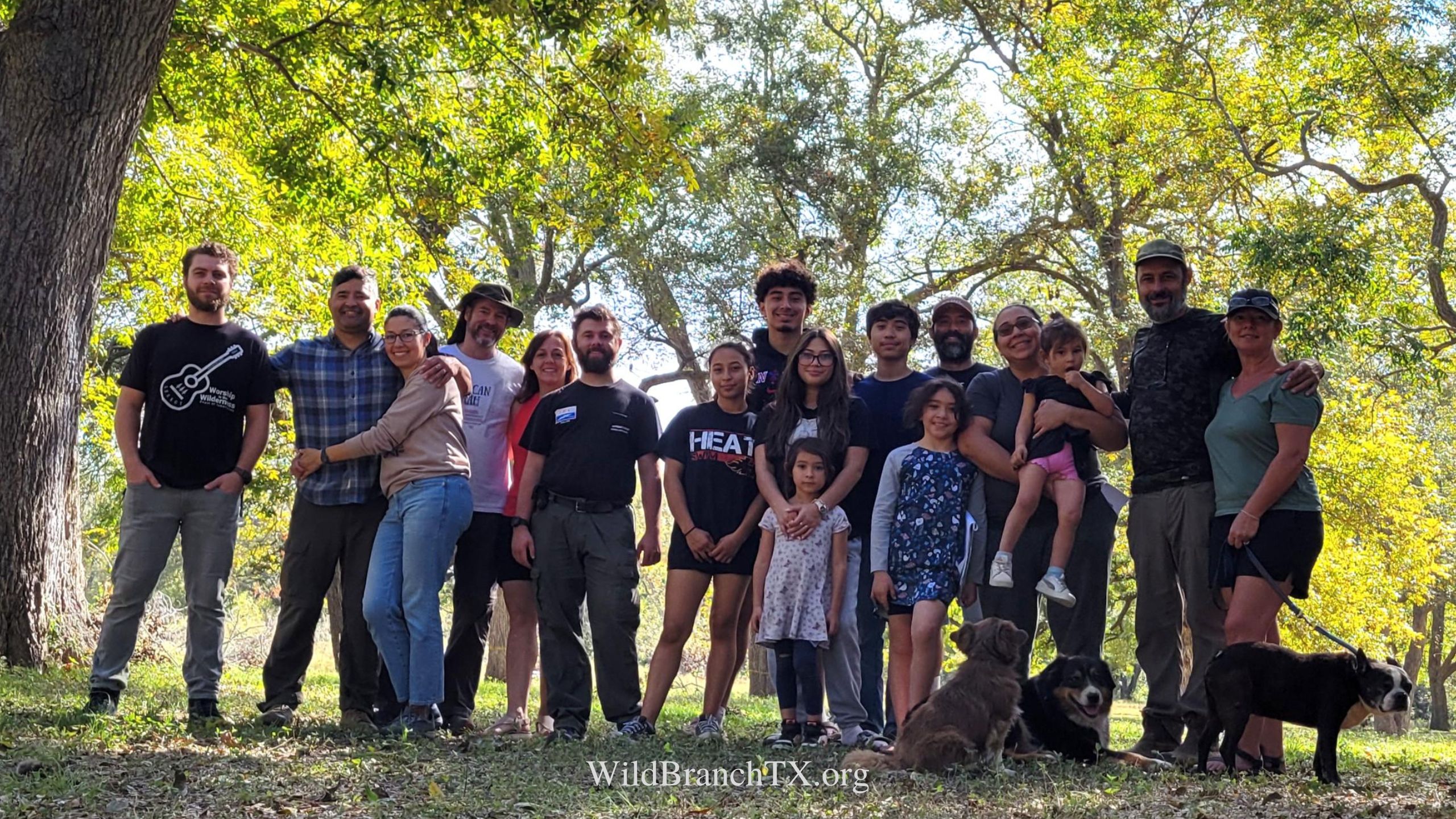Authority of Scripture
We are committed to seeking truth together in humility and to evaluating every doctrinal claim against the full counsel of Scripture. All other teachings and writings will be weighed against the standard of the sixty-six commonly accepted books of the Bible with the Torah as the foundation for all the rest.
While we recognize that God has specially anointed some people as teachers, prophets, and evangelists, nobody knows all the truth and all people are sometimes wrong. No new revelation may ever contradict the written Scriptures. We value tradition and the opinions of knowledgeable, godly people, but we consider only the written text of Scripture to be authoritative.
The point of our study and practice is not to learn rules, but to foster a better relationship with our Creator and with one another.
Isaiah 8:15-20, Matthew 22:34-40, Mark 7:1-13, 1 Corinthians 4:1-7
We Are One Body in Yeshua
We encourage open and respectful discussions on all doctrinal matters. Every individual is free to express his perspective in accordance with good order, in a spirit of love and civility, and subject to the moderation of the community elders. Sometimes the process of seeking truth can introduce surprising and even offensive ideas, but personal attacks, insults, and divisive behavior will not be tolerated.
Our shared faith in Yeshua as Messiah and our commitment to keeping Torah as his subjects unite us as one community. We will not divide over matters that are not clearly laid out in Scripture. We will extend grace to one another on peripheral issues, recognizing that spiritual growth is a journey, and we all have areas to learn.
All discussions, whether in agreement or disagreement, must reflect His love. Seek to build up, not tear down, in all interactions. Differences in understanding are expected, but offense is a choice. We encourage everyone to listen with patience, be slow to anger, and quick to forgive. Let our focus be on unity in the essentials and charity in the peripherals.
Psalm 133, Proverbs 15:1-4, Ephesians 4:1-16, James 1:19-26
Respect for Private Property
Since we meet in private homes, it is important to respect the facilities, belongings, and privacy of our hosts. Hospitality and generosity are hallmarks of God’s people, but gracious guests make hospitality a joy. Don’t open drawers, cabinets, refrigerators, or any other closed doors without the permission of the host. Be careful not to damage anything, whether inside or outside the home, and be respectful to neighbors, pets, and livestock.
Exodus 22:5-6, Proverbs 25:17, Romans 13:9-10, Philippians 2:3-4
Resolving Conflicts
If someone says or does something that you find disturbing, confusing, or offensive, your first step should be to go directly and discretely to that person in a spirit of humility and friendliness and ask him for clarification. You might be missing important context, he might have had a moment of weakness or confusion, or he might have expressed himself poorly. If you are unable to go directly to the person out of concern for your safety, embarrassment, etc., ask one of the elders to accompany you or to intervene on your behalf. Do not talk about the other person or the issue at hand in any way that could damage his reputation or his relationship with others in the community.
If he refuses to listen to you or you are unable to resolve the offense, explain the situation to one of the elders, without gossiping or discussing the issue with anyone else who is not directly involved. If the elder(s) agree that the issue really does need to be addressed, then you and the elder should go to the other person together, still discreetly and in a spirit of humility and friendliness.
If he refuses to listen to both of you and you are still unable to resolve the offense, the community elders should decide whether they should continue trying to resolve the issue discretely or if it should be brought before the whole community. If they decide on the former, then they should talk to both parties as a group with the intent to understand the precise nature of the conflict and to resolve it if possible.
If the elders decide against a private meeting or are still unable to resolve the offense, then they should bring the offense to the attention of the whole community and ask for counsel. The most probable resolutions at this point are 1) Restitution and apology if someone has been wronged, 2) Agreement to forgive the offense and drop the subject, or 3) Expulsion of one or both of the parties from the community until there is sincere, demonstrated repentance.
Matthew 18:15-35, Colossians 3:12-17, Titus 3:9-11, 1 Peter 5:1-6
Contacting the Elders
If you are a regular at Wild Branch Community, then you know who these men are.


